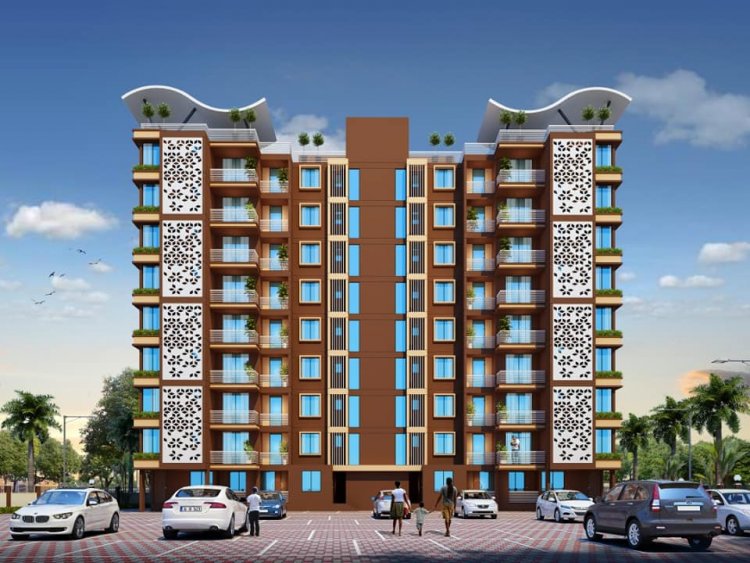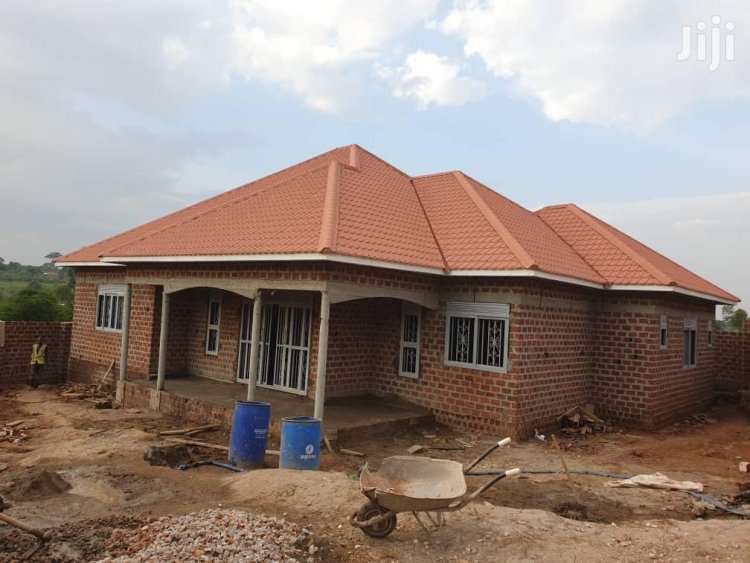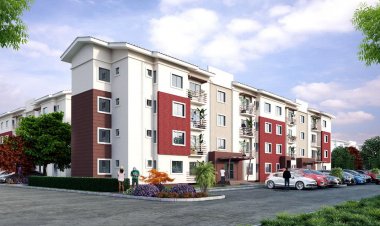Affordable Housing: What You Need to Know about this Kind of Estate
Housing in Uganda affects all income groups and they all demand decent affordable housing however the demand is higher than the supply.

Housing is a basic human right, essential for the well-being of human beings. The 1995 constitution of the Republic of Uganda, under the General Social and Economic Objectives, guaranteed fulfillment of the fundamental rights of all citizens to social justice, economic development rights, and opportunities as well as access to clean and safe water, health, and decent shelter among others.
This policy seeks to promote the progressive realization of adequate housing for all and is premised on the principle of partnership, involving the Ministry on behalf of owners, financial institutions, cooperatives, and individuals.

Access to appropriate, affordable housing is a fundamental human right, which is important for individual, family, and community well-being.
Uganda has one of the youngest populations in Africa and the world! There is a growing pool of people who can’t access affordable housing, good or otherwise. Research shows that Uganda is characterized by inadequate housing both in quality and quantity across rural and urban areas with a housing deficit of 1.6 million housing units.
Residents of traditional cities like Kampala, Jinja, Mbarara, MBALE, Gulu, Arua, etc, live vastly in various housing conditions. With growing middle-class income earners, the demand for decent affordable housing is intense. The urban housing deficit is currently 210,000 housing units. It’s therefore imperative to increase the production of adequate housing for all income groups to over 200,000 housing units per year to meet demand in a foreseeable future.
What is affordable housing?
James Opolot an engineer in Mukono says housing policy is one of the main issues that local governments have to deal with. It encompasses several overlapping concerns. Providing a framework for making sure that everyone has a decent place to live is an important general priority.
Affordable housing, therefore, refers to housing units that are affordable by that section of society whose income is below the median household income. Housing affordability can be measured by the changing relationships between house prices and rents as well as between house prices and incomes. There has been an increase among policymakers in affordable housing as the price of housing has increased dramatically creating a crisis in affordable housing.
The target market for affordable housing
Middle-income earners: Housing in Uganda affects all income groups and they all demand decent affordable housing. The demand is higher than the supply.
The middle class is comprised of high-ranking employees in the civil service and private sector including those in the informal sector. Their demand for decent affordable housing as compared to low-income earners is distinctively diverse for both renting and those who occupy their own houses. It’s imperative for property developers to carry out encompassing research about housing needs before undertaking projects to avoid a mismatch in supply and demand for affordable housing.
Low-income earners: This is untapped market real estate and property developers! Orderly development of adequate and affordable housing which is appropriately priced will earn you a fortune! Public servants in junior positions need and demand for adequate and affordable housing is huge. It’s unfortunate that our developers have ignored the low-income groups.
How to determine affordability
The affordability of units is important to you as an investor because it determines the profitability and marketability of your investment. As buyer affordability should take into account your annual income vis-à-vis net worth. This will help you determine your financing options inter lia either you need a mortgage (bank loan) that your annual income will support you or you are able to do outright purchase through flexible instalment payments. Currently, the vendors and bank requirements for income groups are for salaried customers or business owners with viable collateral.
The Ugandan market has witnessed a supply of condominiums and growing housing estates.
These have a bad impact on the demand and supply of real estate products. Condominiums developed range from one bedroom to 4 bedroom apartments. Previously people preferred to buy a plot in a housing estate than buying a highly-priced finished house. However, with the emergence of condominiums, there have been increased purchases of apartment units (condominiums) and increased owner-occupier.
The banks have revolutionized mortgage lending. Whether it’s to purchase, construct, complete, renovate or use one’s property to unlock equity to invest elsewhere, the financing solutions are available at flexible repayment terms, maximum loan tenure of up to 30 years, and affordable interest rates.
Supply and demand
In Uganda, the market has been unable to meet the growing demand to supply housing stock at affordable prices. While demand for affordable housing, particularly rental housing that is affordable for low and middle-income earners, has increased, the supply has not.
Potential homebuyers are forced to turn to the rental market, which is also under pressure. An inadequate supply of housing stock increases demand for decent and affordable housing.
There are a number of factors that could be attributed to the lack of affordable housing among middle-income earners in Uganda including inter lia developers targeting the “rich and well-connected do class.” However, many low-income earners in Uganda are employed in the informal sector, housing finance is largely accessed by the wealthy private sector and well-connected personalities.
Delivery of affordable residential houses in places like Kampala is being hindered by a lack of affordable home financing solutions, high costs of infrastructure, and rising costs of land.

 Sarah achen
Sarah achen 































